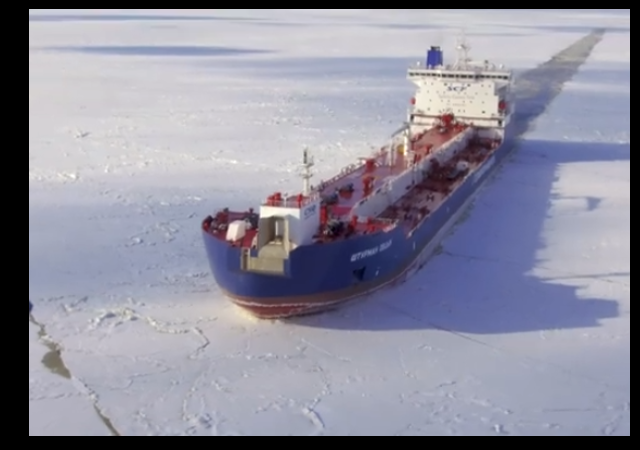

|
Arctic Sea Freezes Early, Trapping 18 Ships in Ice Near Russia
 [LI] AlGore around? [LI] AlGore around?Fresh off of a post-climate-conference high, MSNBC decided to dedicate a post to all the iconic landmarks around the world that could be lost due to global warming. These include Easter Island and Australia’s Great Barrier Reef. As global temperature continues to rise, bringing with it a slew of freak effects from flooding and drought to wildfires and heatwaves, many of the world’s most stunning landmarks are under threat. We take a look at the incredible ecosystems, national parks and cherished places hanging in the balance. Yet there is more evidence that what is occurring is related to solar energy output than SUV’s. I have noted before, the Sun has likely entered into the modern Grand Solar Minimum (2020—2053) of sunspot activity. This means that there will be a significant reduction of solar magnetic field and activity like during Maunder minimum leading to a noticeable reduction of terrestrial temperature. This theory better aligns with the record-breaking cold in the Antarctic as well as the early freeze in the Arctic that just stranded 18 ships. At least 18 ships are stuck in Arctic sea ice off the coast of Russia after an unexpected early freeze took shipping companies by surprise. Some could be stranded for months as they wait for icebreakers to reach them.
Posted by: Frank G 2021-11-28 |
|
| http://www.rantburg.com/poparticle.php?ID=618567 |